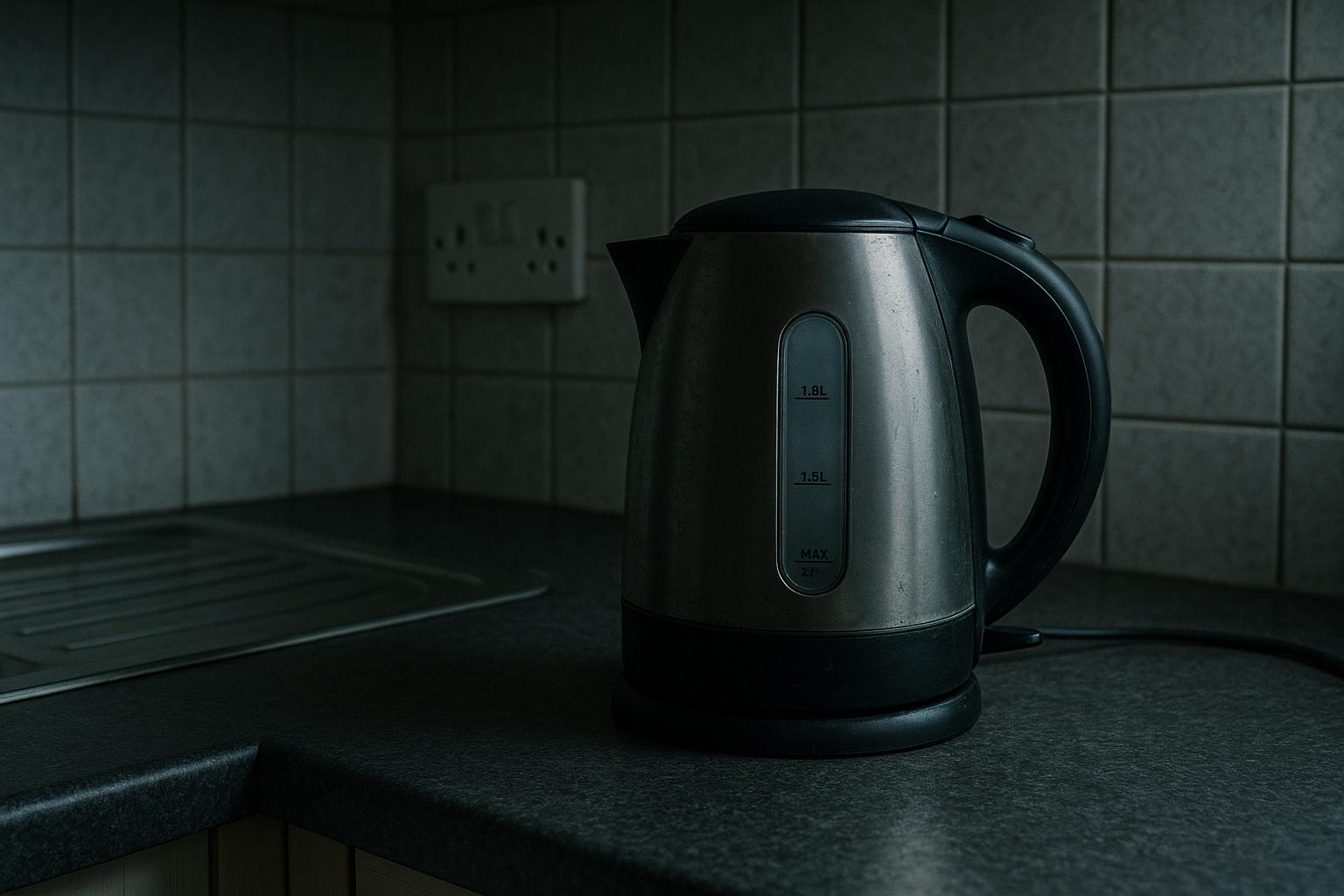New research from the Living Wage Foundation highlights the devastating impact of low pay on workers across the UK, revealing a stark picture of hardship and financial insecurity. A recent survey of 2,000 workers earning below the voluntary real living wage of £12.60 per hour (£13.85 in London) found that three in five low-paid workers have been forced to skip meals regularly, unable to heat their homes, have fallen behind on bills, or taken out payday loans to cover essential costs over the past year.
Two in five respondents admitted to using food banks, with the figure rising to over half among low-paid workers who have dependent children. These findings underline the profound struggle faced by those on low incomes to provide basic necessities for themselves and their families. One worker shared during a focus group, “I’m really struggling to balance the bills, rent, food for the children and also for myself. Some sort of sacrifice is always happening.”
The report also revealed severe financial precarity among participants. One in four said they had no savings, and one in five had less than £10 left after covering essentials including food, housing, and energy bills. Katherine Chapman, the executive director of the Living Wage Foundation, commented: “Today’s research shows the harsh reality for workers paid below the real living wage, forced to make impossible choices between heating homes, feeding their families or falling behind on bills.” She also noted that despite economic challenges, more than 16,000 employers have joined the living wage movement, recognising that paying staff a wage reflecting the cost of living helps both employees and organisations thrive.
Further context from related studies conducted by the Foundation and other organisations paints a consistent picture of distress. Additional surveys show that around 78% of low-paid workers regard the current cost-of-living crisis as the worst financial period they have faced, with over half using food banks in the last year and many increasing their visits. Approximately 42% regularly skip meals, 32% cannot afford to heat their homes, and nearly a quarter have resorted to payday loans to meet essential expenses. These figures have worsened compared to data from the pandemic period, with more workers falling behind on bills and experiencing food insecurity.
The ongoing squeeze of rising food and energy prices continues to hit low-paid workers disproportionately hard. Industry data indicates that even as inflation shows some signs of easing, about half of those earning below the living wage feel financially worse off than they did a year ago. In London, where living costs are higher, more than half of low-paid workers have relied on food banks, with a significant proportion regularly skipping meals to save money.
Katie Hood, lead community organiser at Colchester food bank, emphasised the wider community impact: “The detrimental impact of low pay affects all areas of our community’s welfare. The findings make it clear that the sobering reality of rising living costs, limited access to real living wage jobs and widening economic inequality are leaving too many people behind.”
Taken together, the evidence underscores a pressing need for policies and employer practices that prioritise fair pay and tackle the root causes of poverty in workforce populations. While voluntary living wage schemes gain traction, the lived experience for many low-paid workers remains one of sacrificing basic needs daily, highlighting the limitations faced by voluntary measures amid broader economic challenges.
📌 Reference Map:
- Paragraph 1 – [1], [2], [3], [4]
- Paragraph 2 – [1], [6]
- Paragraph 3 – [1], [6]
- Paragraph 4 – [1], [2], [3], [4], [5]
- Paragraph 5 – [1], [3], [5], [7]
- Paragraph 6 – [1], [7]
Source: Noah Wire Services
